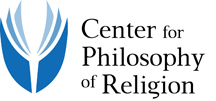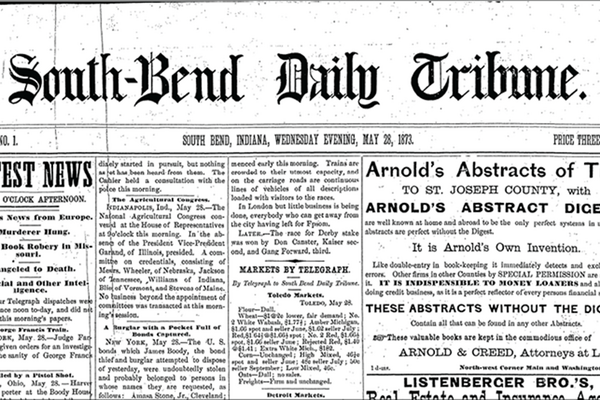
Two faculty in the College of Arts and Letters’ Center for Philosophy of Religion have received more than $1.7 million in grant funding to continue their research into the problem of evil, a central issue for scholars who study the philosophy of religion.
Michael Rea, professor of philosophy and the center’s director, and Samuel Newlands, assistant professor of philosophy and the center’s associate director, were recently awarded a grant of more than $339,000 from the John Templeton Foundation. The grant supplements an earlier $1.4 million grant the foundation awarded the two University of Notre Dame scholars.
The additional funding will support the latest component of their research, which begins with a classic philosophical quandary: How can you reconcile the existence of a God who is omnipotent, omniscient, and benevolent with the existence of evil? This difficult question has given rise to a philosophical and theological subfield known as theodicy—an area that is considered one of Notre Dame’s academic strengths.
“The general topic of these grants—the problem of evil—is almost certainly the most important and widely discussed intellectual obstacle to belief in the doctrines of Christianity and to belief in God in general, and the University of Notre Dame is and has been for the last couple of decades the best place in the world for research in the philosophy of religion,” Rea says.
A Closer Look at Suffering
Rea and Newlands’ latest research initiative, called “Pain and the Nature of Minds,” is part of this larger work on the problem of evil.
As Charles Darwin wrote, “What a book a devil’s chaplain might write on the clumsy, wasteful, blundering, low, and horribly cruel work of nature.”
Rea says such claims have gained increasing support. As noted on the project website, “This charge has taken on substantial urgency as critics of religious belief argue with increasing ardor and rancor that the nature, duration, and quantity of evil—especially so-called ‘natural evil’—shows us that the world is, after all, blind, pitiless, and indifferent.”
Together, Newlands and Rea seek to address this issue by examining a variety of questions on the following topics:
- the nature and potential utility of pain and suffering;
- the nature and moral significance of qualitative differences in the capacities of organisms to experience pain and suffering; and
- the connection between pain and such goods as creativity, freedom, and moral development.
A Gathering of Scholars
The new grant funding will allow the Center for Philosophy of Religion to support scholarly research through a one- to two-year research initiative, followed by a multi-day scholarly conference and a large public event to disseminate the results. In addition, the center plans to host visiting speakers during the 2012-2013 academic year.
All these opportunities, Newlands says, will attract scholars from multiple fields to bring their expertise, ideas, and questions to Notre Dame.
“We will be soliciting research proposals from a variety of disciplines, including theology, biology, chemistry, cognitive science, sociology, psychology, and philosophy,” he says. “Our hope is that researchers working together across traditional boundaries will shed new light on a problem that is inherently multi-disciplinary.”
By attracting a diverse group of scholars, Rea says, the new grant will help further the University’s research into the problem of evil.
“It is a therefore a great opportunity,” Rea says, “both for us and for the visiting scholars who will be holding our fellowships, to have so many resources available in our center to support conferences, workshops, and original research on this important topic.”
The John Templeton Foundation strives to be a philanthropic catalyst for discovery in areas engaging life’s biggest questions, ranging from explorations into the laws of nature and the universe to questions on the nature of love, gratitude, forgiveness, and creativity.


